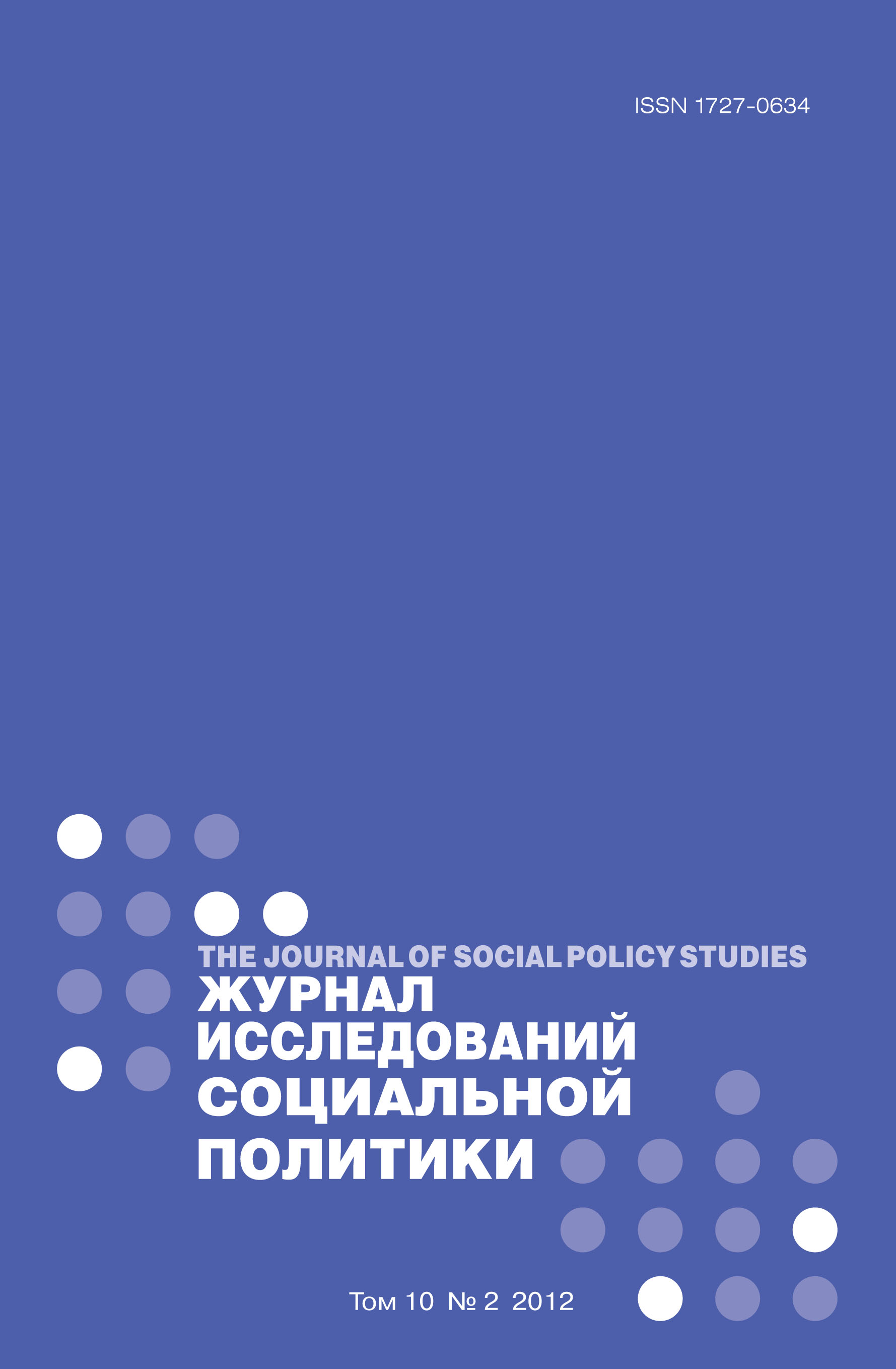Sooner speaking than silent, sooner silent than mute: Soviet deaf theater and pantomime after Stalin
Abstract
This article examines the roles played by theatrical silence and speech in the emergence of a new Soviet subject after the Stalinist era. Focusing on the cultural thaw of the late 1950s and 1960s, when the dominant political language of socialism came into crisis, it investigates how artistic speech was politically impeded and how politically impeded speech was artistically represented in Russia at this time. The author attempts to unlock a set of ideological distinctions in modes of speechlessness that were present in the Soviet context, for which binaries of intentional-incidental, unnatural-natural, meaningful-meaningless, artistic-unartistic, and able-disabled were key. A focus is given to silence in two related phenomena: the repopularisation of theatrical pantomime, a dramatic form that thematises absent speech; and the reinvigoration of the clinical-pedagogical discipline of “defectology” (defectologiia), which studied speech pathology and attempted to cure “deaf-mutes” of their silence.
Looking at theatrical practices such as the synchronisation of deaf performances alongside speaking actors, the article posits the idea that post-Stalin pantomime equated performative quiet with political speech. It also explores the question of who had access to silence as a representational strategy, and queries how pantomimic demonstrations of political silence interacted with and displaced other, pre-existing situations of symbolic exclusion, as in the case of the Soviet Union’s clinical "defective" populations. Suggesting that deaf theatre offered more than a mere venue for the correction of ‘dumb’ and ‘docile’ bodies, the author argues that it provided a backdrop against which a multiplicity of subject positions, some of which were robustly proud and resistant, emerged among those unspeaking/unspeakable others who occasionally refused to sing and dance to the rhythm of socialist revolution. By visibly demonstrating the failure of certain bodies – even under declared communism – the party and its apparatus could claim its relevance in upholding the interests of the Soviet people. Defect was, in effect, what the state required to justify its own continued existence as the Soviet Union inched increasingly closer toward a stateless communist utopia.















